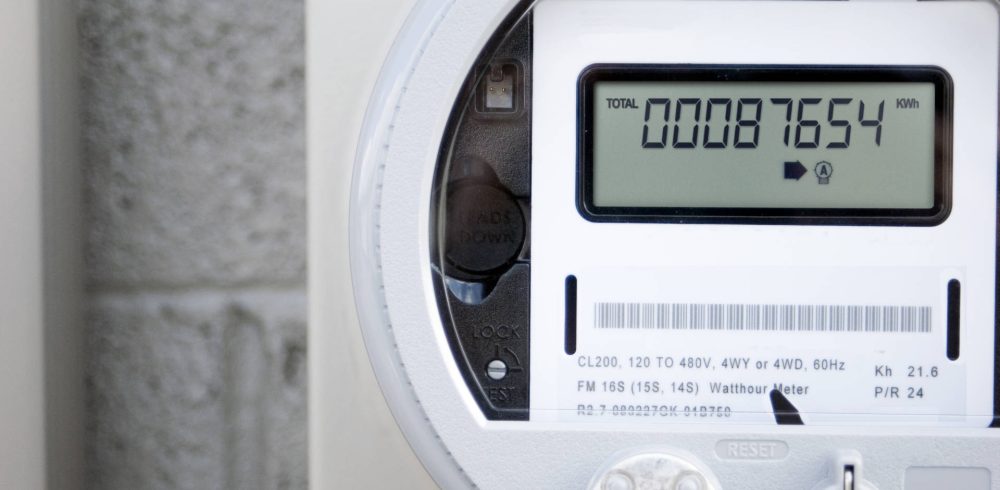AI and Smart Meters Are Helping Businesses Become Safer, Greener and More Competitive : For some time, companies have been using automated meter reading (AMR) and smart meters to manage energy use across their business. These meters provide half-hourly data to energy suppliers. With this information, they can build an accurate energy consumption profile for each customer. These profiles can help customers reduce waste and control their outgoings.
There are a significant number of possible applications for the data from these meters. In fact, this information has the potential to support businesses beyond their monthly or quarterly energy bill. Yet, without the proper technology to interpret it and put it to work, the data sits dormant. This is where artificial intelligence comes in.
By integrating smart and AMR meters with AI and machine learning, energy suppliers can turn raw data into intelligent conversations about sustainability, health & safety, and competitor analysis. These conversations can provide actionable insights, which helps companies improve operational efficiency, security, and in some cases, profitability.
Anomaly detection
The granularity of the data means that suppliers can use it to detect anomalies in a customer’s energy consumption. This allows businesses can pinpoint spikes, outages, or unusual activity and isolate the cause. Not only is this useful from a money-saving point of view, but it is also important for health and safety.
For example, if a business experiences significant changes in their overnight usage, it could mean equipment has been left running or that there is an electrical fault – something that could prove costly and, in some cases, even dangerous. If your hot water pump is leaking because you have left it on, anomaly detection could detect the change in your usage and alert you to the problem. This protects businesses from potential safety risks and assures them that everything is working as it should be.
Benchmarking
Benchmarking is another benefit of using AI to interpret energy consumption data. This works by comparing consumption profiles for similar business types and highlighting any key trends based on their similarities and differences.
By using aggregated and anonymous data sets, benchmarking analysis can provide a coffee shop, for example, with insights on whether other coffee shops in the same city are opening or closing an hour earlier. It can also tell whether competitors are consuming less energy. Which can prompt questions about how to be more energy efficient and reduce the company’s carbon footprint. You can scale benchmarking to any business size in most sectors, with larger companies benefitting from even greater efficiencies.
Making data work for the customer
Anomaly detection and benchmarking are both compelling examples of how you can apply AI to metering data to add value to the customer. They show the importance of models that stimulate intelligent conversations around energy consumption, rather than providing data for the sake of it.
For this information to continue to be interesting and of genuine use, suppliers need to tailor it to customers. These conversations could then lead to decisive action on an individual level. Which could then amount to collective and widespread change. It’s this collective action that will enable the UK to meet its 2050 net zero carbon emission targets and fight against climate change. And it all starts with the smart meter.
By Bjoern Reinke, Director of Data and Data Science at Haven Power
Manufacturing & Engineering Magazine | The Home of Manufacturing Industry News















